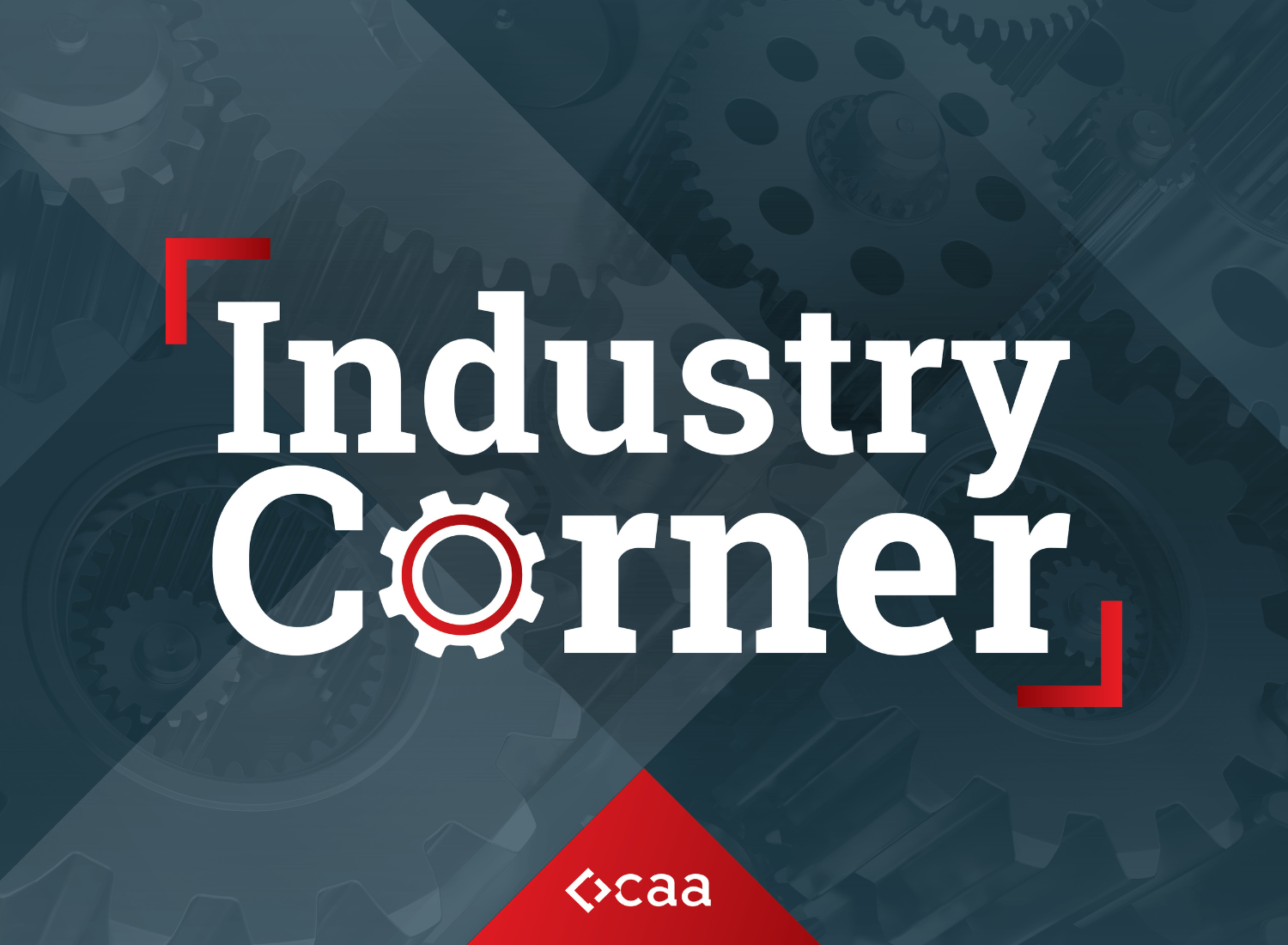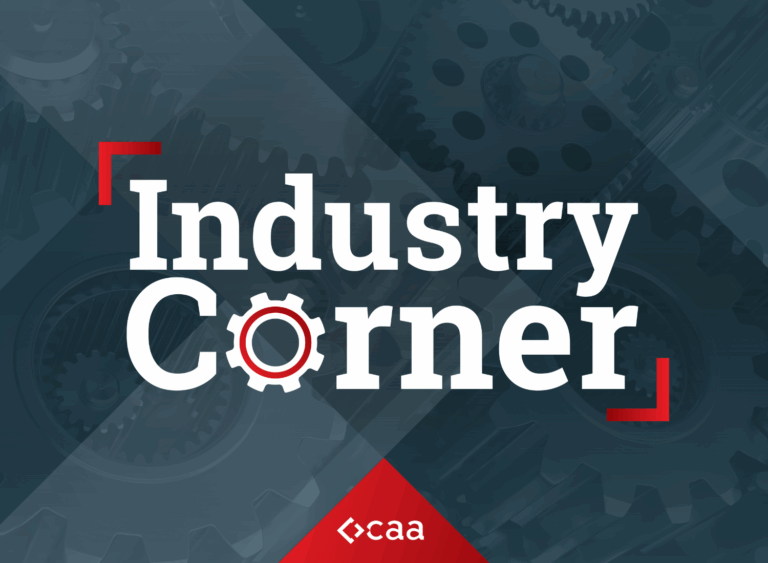David Bussius, Senior Managing Director & Regional Leader, CBIZ New England
In an interview with Invest:, David Bussius, senior managing director and regional leader at accounting, tax, and advisory firm CBIZ New England, discussed how CBIZ’s mix of services allows it to grow across different economic conditions and why it considers investing in technology crucial.
Given the challenging economic climate, how has CBIZ navigated these choppy waters?
What we have seen, like many of our peers and clients, is a bit of a slowdown in the economy. As you have probably heard from others, particularly from the pandemic time up until 2023, obtaining enough resources to provide services to clients was one of our primary challenges, especially on the professional services side, specifically finance and accounting. There were plenty of growth opportunities for organizations like us that could attract and retain the right talent to take advantage of those opportunities. Over the last several months, with the continued high interest rates, we have seen transactions at our client base become fewer compared to previous times. This has caused a slowdown in additional work for advisory practices and special services.
Additionally, companies have taken significant actions to rein in costs due to inflation and price increases. Despite these challenges, CBIZ has remained relatively stable. We are a national accounting provider, often ranked as the 10th, 11th, or 12th largest in the country. We serve as a viable alternative to the Big Four accounting firms while maintaining a strong regional presence. Our long-established client base in New England, which includes family-owned businesses and entrepreneurs, as well as larger global organizations, has helped us navigate these times. We offer a unique mix of services and a deep understanding of the local market, allowing us to remain a trusted partner to our clients. Although the past two years have seen some slowdown, we continue to experience good growth and look forward to interest rates coming down and transactions picking up again.
Given the consolidation trends and the strategic acquisitions that CBIZ has made over the past year, how will this impact your offerings and market position in New England?
The increased interest of private equity in the accounting profession has been significant. CBIZ, however, is unique as the only publicly traded organization in our field. This gives us access to substantial capital, enabling us to invest in people and technology to drive growth. We are here for the long term. We focus on adding team members and growing collectively to better serve our clients. This long-term perspective and access to capital give us an advantage over other organizations and allow us to continuously invest in our future.
What innovative tools or methodologies are you implementing to stay ahead, create efficiencies, and better serve your clients?
A couple of years ago, we added a chief innovation officer to our organization to help drive internal transformation. This role focuses on making us more efficient and effective, which translates into better quality and cost-effective services for our clients. Additionally, these innovations improve work-life balance for our people by reducing tedious tasks, allowing them to focus on advisory roles rather than compliance. Our investments in innovation have already made us more efficient and provided new opportunities to enhance client services. We are committed to continuing this path to ensure we offer the best value to our clients while maintaining our internal efficiencies.
What are the most pressing challenges confronting the accounting sector, and how are you turning these obstacles into opportunities?
A year ago, or even six months ago, many would have said that getting enough people was the primary challenge. While we have been fortunate to build a strong team and attract great talent, retaining and attracting talent remains crucial. Alongside this, we must ensure great attention to our clients and be proactive with them. Many think of accounting as audit reports and tax returns, which are after-the-fact activities. Our approach has always been to encourage our team to be strategic advisers and partners with clients, helping them handle business challenges and opportunities throughout the year. This proactive approach makes audit reports and tax returns a summary of what we have already helped the client achieve.
Another significant challenge is technology. In my 30 years in the profession, I have seen technology evolve from not having computers on desks to everyone using iPhones and other advanced tools. However, the rate of technological change has never been as rapid as it is now. The challenge for us and the entire industry is to leverage this technology effectively to provide valuable, cost-effective information to our clients. This allows our people to offer the guidance clients need to make informed decisions. Client service revolves around people and technology, and the latter requires more attention now than ever before.
How do you see CBIZ’s role in shaping the economic landscape of New England over the next two to three years and what are your top priorities during this time?
Like many organizations, our top priorities are continued growth, great client service, and investing in technology. Attracting and retaining the right people is fundamental to achieving these goals. For CBIZ New England, driving a culture that encourages and celebrates client activity, family, and community service is essential. It is a balance, but it is something we are committed to daily. Many team members, including those in client service roles, spend significant time ensuring work-life balance and community involvement.
We are fortunate in New England to have great universities that attract talented individuals who contribute to a vibrant economy. However, recent tax increases in Massachusetts have posed challenges for investors, making them reconsider where to invest next. It is crucial to keep New England an attractive environment for these talented individuals. While finances are not the only factor, they are significant. We need to ensure affordability and inclusiveness to compete against other regions in the country.
Lastly, one recent hot topic has been the unique position of New England. We have excellent universities and a stable cadre of great family-owned businesses, along with emerging technology businesses and investors. All of this is within a two- or three-hour drive, making us unique compared to many other places globally. However, the recent tax increases in Massachusetts for higher income earners are challenging and could impact investment decisions. We must be aware of this and strive to maintain New England as an attractive place for talented individuals worldwide to study and build their careers. Finances, affordability, and inclusiveness all play a role in this effort.













